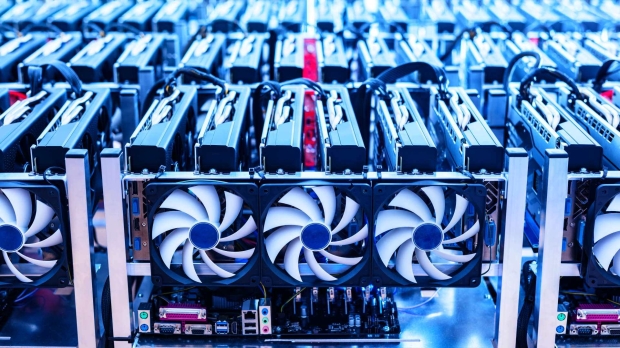We’ve all lived through the GeForce RTX 30 Series generation, where the rise of cryptocurrencies and mining drove prices up and increased scarcity for GPUs. So this new interview with The Guardian is interesting in that it sees NVIDIA publicly distance itself from something that has negatively affected the PC gaming space.
VIEW GALLERY – 2 IMAGES
Speaking with Michael Kagan, Chief Technology Officer at NVIDIA, he explicitly states that the whole crypto boom didn’t “bring anything useful for society.” Of course, this statement is also born from the current AI boom where NVIDIA hardware sits at the heart of AI technology like ChatGPT.
Even though crypto led to large volumes of sales for NVIDIA and increased scarcity and availability in most markets, the company attempted to minimize the impact on desktop sales by introducing LHR or “Lite Hash Rate” technologies in models like the GeForce RTX 3060.
The cryptomining sector overcame the limitations of LHR, and the impact on sales for GPUs ultimately led to an SEC fine for NVIDIA for not disclosing just how much the GPU demand was driven by crypto.
Speaking with The Guardian, Michael Kegan said, “All this crypto stuff, it needed parallel processing, and [NVIDIA] is the best, so people just programmed it to use for this purpose. They bought a lot of stuff, and then eventually it collapsed because it doesn’t bring anything useful for society – AI does.”
Even though workstation GPUs are where NVIDIA’s AI success lies, the effects of the crypto boom can still be felt in the discrete GPU market. There are still high prices for gaming GPUs, with noticeably higher MSRPs than previous generations.


























